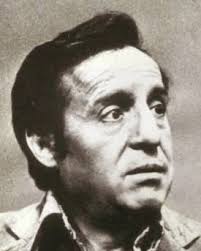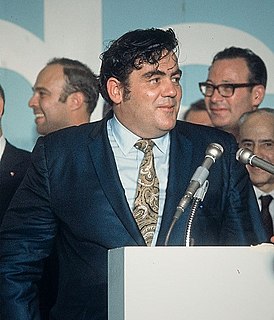A Quote by Alasdair MacLean
I have the longing that all writers have for new ears to pour my words into.
Related Quotes
There is little disagreement on our planet that the lives of most human beings could be improved immensely. Words pour out of lecturers, articles pour out of magazines, and books pour out of authors, all seeking to help us understand how we can have more peace, security, health, opportunity, happiness, fulfillment, abundance, and love.
Shakespearean words, foreign words, slang and dialect and made-up phrases from kids on the street corner: English has room for them all. And writers - not just literary writers, but popular writers as well - breathe air into English and keep it lively by making it their own, not by adhering to some style manual that gets handed out to college Freshmen in a composition class.
...when the words pour out of you just right, you understand that these sentences are all part of a river flowing out of your own distant, hidden ranges, and all words become the dissolving snow that feeds your mountain streams forever. The language locks itself in the icy slopes of our own high passes, and it is up to us, the writers, to melt the glaciers within us. When these glaciers break off, we get to call them novels, the changelings of our burning spirits, our life's work.
































